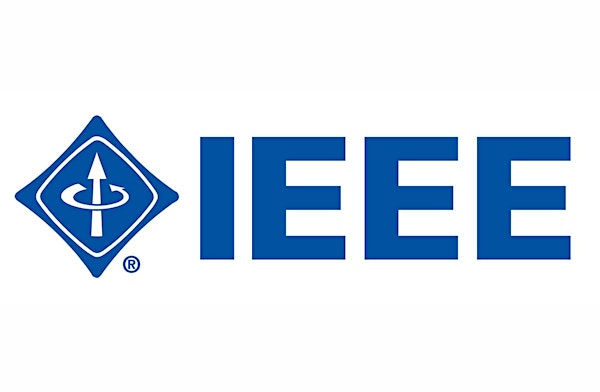
A Perspective on Desalination
Date and time
Location
Michaels At Shoreline
2960 North Shoreline Boulevard Mountain View, CA 94043Refund Policy
Description
A Perspective on Desalination
Availability of potable water is frequently regarded as one of the world’s most urgent issues. Over a sixth of the world’s population does not have access to fresh water on a daily basis, and many regions are water strained. One method to increase the potable water supply is desalination.
However, current desalination technologies were designed with Western needs in mind, and the cost and infrastructure requirements of these technologies makes them the preferred solution only in a few parts of the world. In my talk, I will describe water and desalination needs around the globe. I will give an overview of the basics of desalination and describe the most important desalination methods in use today along with their advantages and drawbacks. Finally, I will introduce a promising new desalination method developed recently at LLNL -- flow-through electrode capacitive desalination. This method utilizes a novel porous material as an electrode to remove salt from water electrostatically. The change in electrode geometry has increased throughput with this method by a factor of ten compared to existing capacitive deionization methods, and makes our new method competitive with other commercial desalination methods. Our new technology has the promise of reducing energy cost, especially for low salinities, and its scalability may alleviate infrastructure requirements, making it especially useful for developing countries.
Dr. Michael Stadermann
Dr. Stadermann is a chemist at the Lawrence Livermore National Laboratory. He received his doctorate degree from the University of North Carolina at Chapel Hill. He has authored and co-authored 35 peer-reviewed publications and 3 patents. Currently, he develops materials for the National Ignition Facility.
Dr. Stadermann spent the first few years of his career studying nanomaterials and their electronic properties. These studies expanded into a general interest in surface science, sensors, and storage of electrical energy, which, in turn, led to capacitive desalination. Dr. Stadermann has been pursuing novel capacitive desalination methods for the past four years in collaboration with Professor Santiago at Stanford.
6:00 PM No Host Bar
6:30 PM Buffet Dinner
7:00 PM Speaker